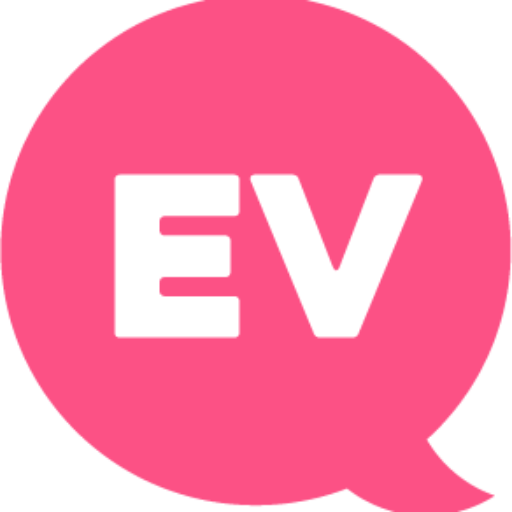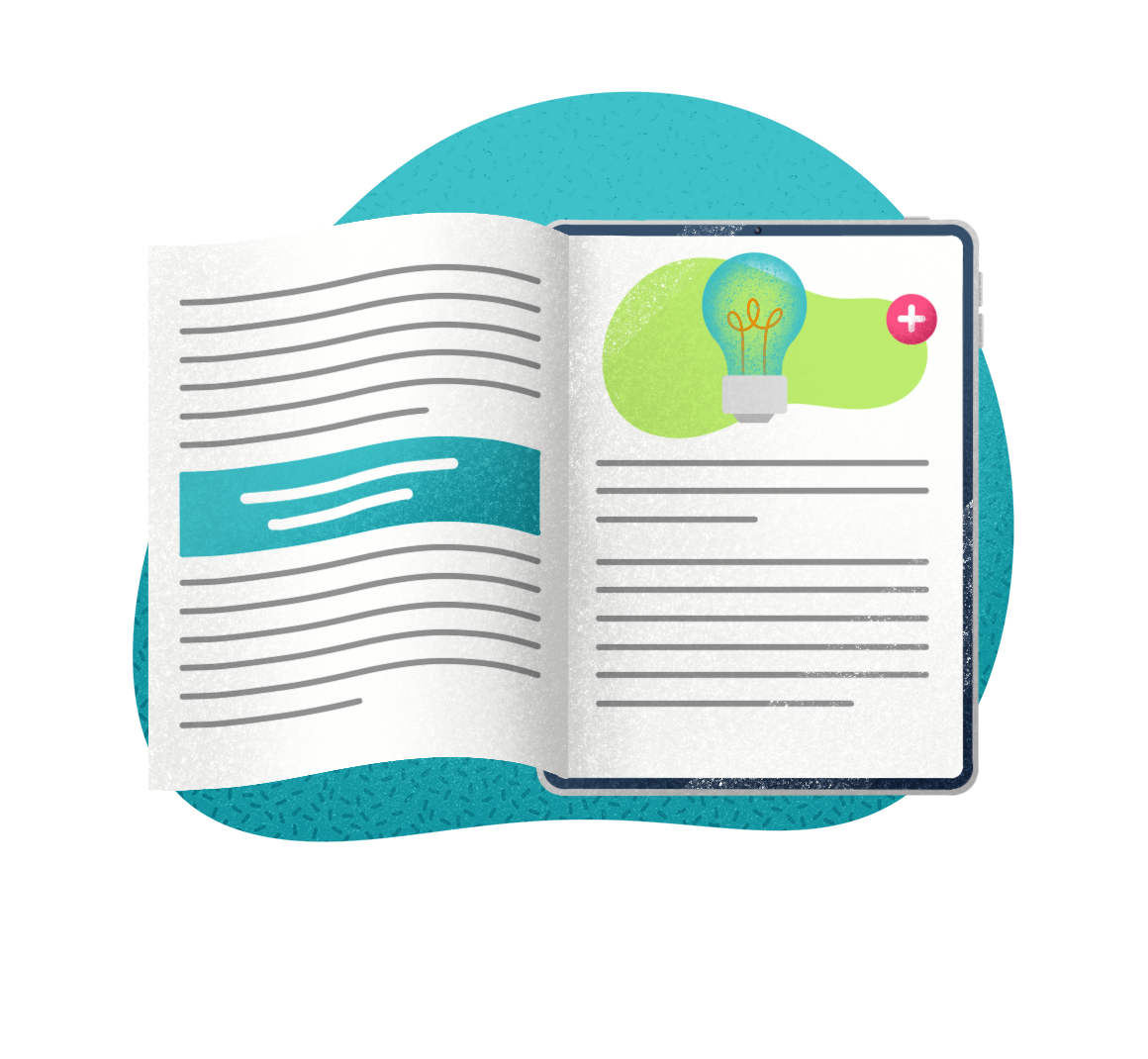March 8th is International Women’s Day – a day to celebrate the social, economic, cultural, and political achievements of women. In the tech industry, women have made significant contributions throughout history, paving the way for generations of female IT professionals. In this blog, we’ll take a look at five trailblazing women who have left a lasting impact on the IT world as well as celebrate 5 women at EasyVista making waves in IT.
WOMEN TO CELEBRATE
1. Ada Lovelace
Ada Lovelace, born in 1815, is considered the world’s first computer programmer. Her work with Charles Babbage on his Analytical Engine, a precursor to modern computers, resulted in her publishing the first algorithm intended to be carried out by a machine. Lovelace’s contributions were crucial in the early development of computer programming and her legacy has continued to inspire women in tech to this day.
2. Karen Spärck Jones
Karen Spärck Jones was a British computer scientist who is best known for her work in natural language processing (NLP). Her research focused on the development of systems that could understand human language. In the late 1950s, Spärck Jones created a program called Inquire, which was one of the earliest information retrieval systems to use NLP techniques. Her contributions have helped make search engines more efficient and accurate.
3. Roberta Williams
Roberta Williams is an American video game designer who co-founded Sierra On-Line with her husband in 1979. She is best known for creating the King’s Quest series, which revolutionized the adventure game genre. Williams was one of the few women in the video game industry at the time and her work paved the way for more female designers and developers in the industry.
4. Marian Croak
Marian Croak is a Jamaican-American engineer who has been a trailblazer in the telecommunications industry. Her work has focused on the development of voice over internet protocol (VoIP) technology, which allows people to make phone calls over the internet. Croak’s contributions have revolutionized the telecommunications industry and her work has been instrumental in developing the internet we know today.
5. Lin Hsin Hsin
Lin Hsin Hsin is a Singaporean artist and computer scientist who has made significant contributions to the development of digital art. Her work has been exhibited around the world and has been recognized for its innovative use of technology. Lin has also worked as a consultant for various tech companies, helping them to develop new products and technologies.
WOMEN TO WATCH
What made you choose the IT sector?
“I have never actually worked in IT but have always had to work with an IT department and to me they are the super heroes in a company. When I got into the industry, what motivated me to pick IT was that I was going to be able to provide them with a platform that would make them do their jobs even better.”
pick IT was that I was going to be able to provide them with a platform that would make them do their jobs even better.”
Karen Boras, Director of Customer Success
What’s a common misconception about women in tech?
“I notice it less and less, but there are still men who, just because you are a woman, take away your credibility and give you less value. and prefer to be attended by a man. Something that emotionally does not sit very well.”
Amanda Díaz, Customer Services
“In Romania, the IT field is pretty new and has lots of young people. Also, lots of women are working in this field, so I can’t say I’ve seen misconceptions about women in IT. At least, not in the companies/communities I’ve worked on.”
are working in this field, so I can’t say I’ve seen misconceptions about women in IT. At least, not in the companies/communities I’ve worked on.”
Ioana Haralamb, Scrum Master
What has been your biggest professional challenge?
“My biggest professional challenge has been to change sectors so radically, to study, study, study and continue studying. I am currently in this challenge because this is new to me, but I feel satisfied with the support I receive from all my colleagues to continue learning. but I feel satisfied with the support I receive from all my colleagues to keep on learning.”
feel satisfied with the support I receive from all my colleagues to continue learning. but I feel satisfied with the support I receive from all my colleagues to keep on learning.”
Amanda Díaz, Customer Services
What it’s like to be a woman in IT today? Has it evolved since you started?
“I think the main advantage of being a woman in IT is the great solidarity with other women in the workplace.”
Céline Rondreux, Product Advisor
“It feels great to be a woman in IT today, I see more diversity in IT companies nowadays, opportunities in tech are endless and rewarding, it keeps evolving every day.”
opportunities in tech are endless and rewarding, it keeps evolving every day.”
Renata Saparova, Customer Service Consultant
What are the biggest obstacles you had to overcome to grow in your role, in the company, or in the working world in general?
“Like many women, my main obstacle is myself. I had to learn to deal with my impostor syndrome. Fortunately, with experience and the right work environment, I have been able to gain confidence in my legitimacy.”
syndrome. Fortunately, with experience and the right work environment, I have been able to gain confidence in my legitimacy.”
Céline Rondreux, Product Advisor
Do you have a role model who inspires you?
“In Pentalog, there is the Chief Customer Success Officer Pentalog Europe & Asia – Monica Jiman, who had a very interesting growth inside the company and on the Romanian IT world I am really impressed about her role and her achievements.”
Ioana Haralamb, Scrum Master
“Many! For example, Reshma Saujani – an American lawyer, politician, civil servant, and the founder of the nonprofit organization Girls Who Code. I think she is very brave and has done a lot to help women to find their way in IT.”
the founder of the nonprofit organization Girls Who Code. I think she is very brave and has done a lot to help women to find their way in IT.”
Renata Saparova, Customer Service Consultant
What do you think leaders should do to make leadership positions more accessible to women?
“I was once told not to look at the name on resumes and look at what the experience and knowledge they can provide when hiring. A lot of times you will be surprised with the fact that the resume that brings you interest is a woman. Another thought, provide the option to have training and coaching to the women you have on your team so that they can have the knowledge to expand when an opportunity comes up for them and have the same chances.”
training and coaching to the women you have on your team so that they can have the knowledge to expand when an opportunity comes up for them and have the same chances.”
Karen Boras, Director of Customer Success
BE THE CHANGE
Celebrating and empowering women in STEM and Tech is crucial for creating a more diverse and inclusive industry. Historically, women have been underrepresented in these fields, and it’s important to recognize and celebrate the contributions that women have made to the tech industry throughout history. By doing so, we can inspire future generations of women to pursue careers in tech and provide them with the support and resources they need to succeed.
Not only is it important to celebrate the accomplishments of women in tech, but it’s also important to actively work towards creating a more inclusive industry. This means addressing and dismantling the barriers that prevent women, and other underrepresented groups, from entering and thriving in tech careers. By doing so, we can unlock the full potential of the tech industry and create more innovative, dynamic, and equitable workplaces.
Infographic – The status of SMB IT in 2026
Explore how AI, automation & integrated ITSM/ITAM are reshaping IT strategy—at every scale.


